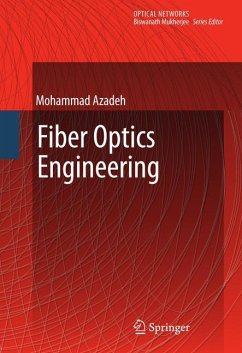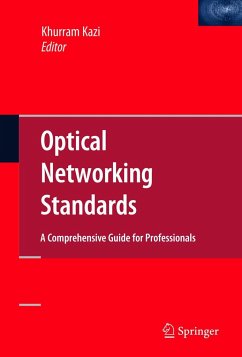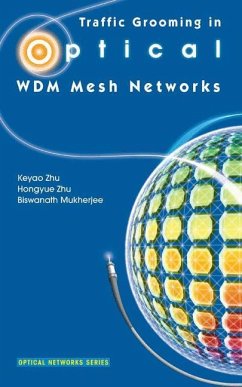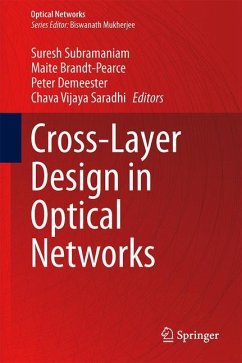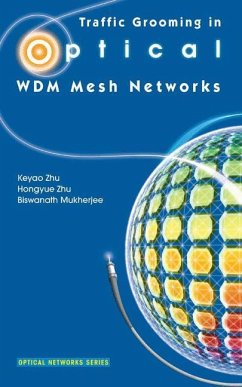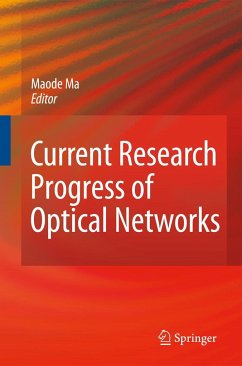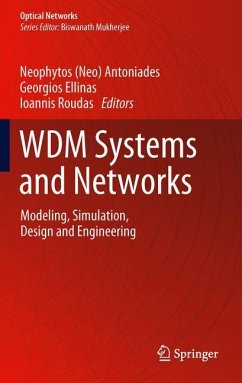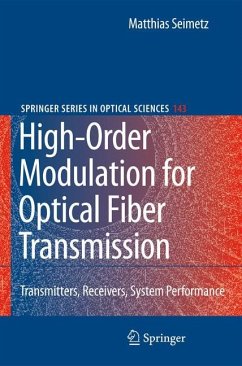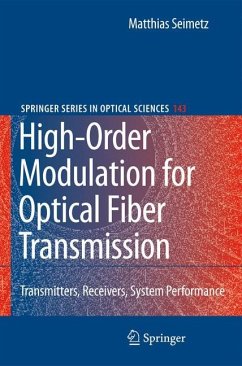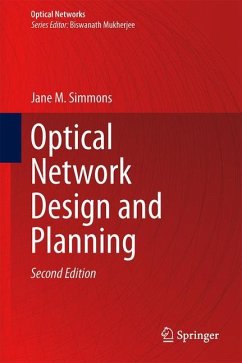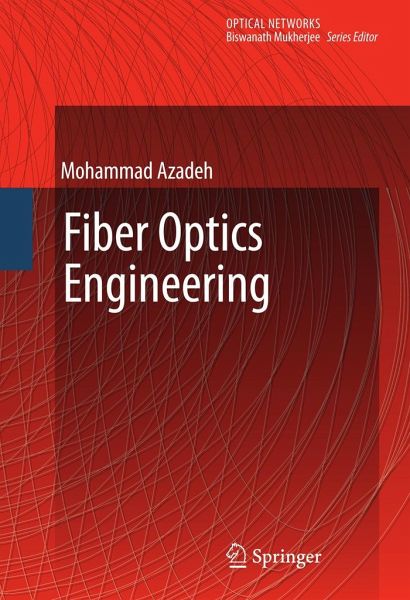
Fiber Optics Engineering
Versandkostenfrei!
Versandfertig in 6-10 Tagen
113,99 €
inkl. MwSt.
Weitere Ausgaben:

PAYBACK Punkte
57 °P sammeln!
Covering fiber optics from an engineering perspective, this text emphasizes data conversion between electrical and optical domains. Techniques to improve the fidelity of this conversion (from electrical to optical domain, and vice versa) are also covered.
Within the past few decades, information technologies have been evolving at a tremendous rate, causing profound changes to our world and our ways of life. In particular, fiber optics has been playing an increasingly crucial role within the telecommunication revolution. Not only most long-distance links are fiber based, but optical fibers are increasingly approaching the individual end users, providing wide bandwidth links to support all kinds of data-intensive applications such as video, voice, and data services. As an engineering discipline, fiber optics is both fascinating and challenging. Fiber optics is an area that incorporates elements from a wide range of techno- gies including optics, microelectronics, quantum electronics, semiconductors, and networking. As a result of rapid changes in almost all of these areas, fiber optics is a fast evolving field. Therefore, the need for up-to-date texts that address this growing field from an interdisciplinary perspective persists. This book presents an overview of fiber optics from a practical, engineering perspective. Therefore, in addition to topics such as lasers, detectors, and optical fibers, several topics related to electronic circuits that generate, detect, and process the optical signals are covered. In other words, this book attempts to present fiber optics not so much in terms of a field of "optics" but more from the perspective of an engineering field within "optoelectronics.





